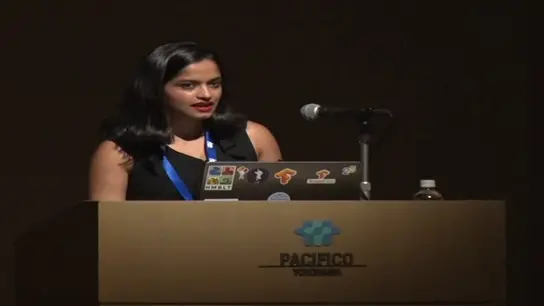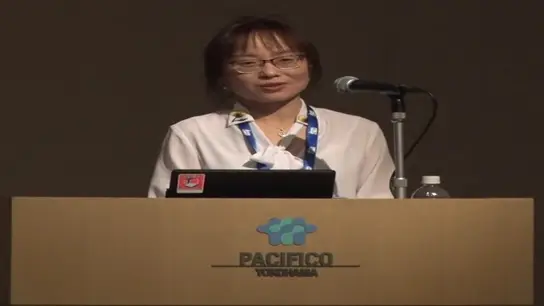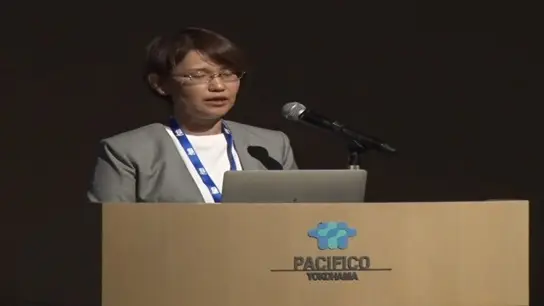A Historical Perspective on Computational Intelligence in N-player Games - IEEE WCCI 2014
George Burgin
-
Members: FreeCIS
IEEE Members: Free
Non-members: FreeLength: 00:56:59
06 Jul 2014
Evolutionary algorithms have a long history of application in two-person zero-sum games. These efforts began as solutions to aerospace engineering problems but were then extended to players that do not adhere to minimax strategies, non-zero-sum games, and to problems where players could cooperate. This lecture will discuss these early applications, typically in the context of aerial pursuit and evasion with role reversal. In light of requirements for high-fidelity simulation environments, evolutionary programming was able to develop strategies and tactical maneuvers that assisted in the training of human expert pilots in the form of an �Adaptive Maneuvering Logic.� This technology formed the basis of the first real-time adaptive gaming simulator using evolutionary computation, competing at the level of human experts despite being deployed on a CDC 6600 mainframe computer (the most advanced computer system available at the time). The lecture will review these early successful approaches and conclude with thoughts on present and future applications of computational intelligence to games. The talk will be accompanied by a special guest lecturer who will describe applications of evolutionary algorithms in selected modern game settings including leisure and finance.


